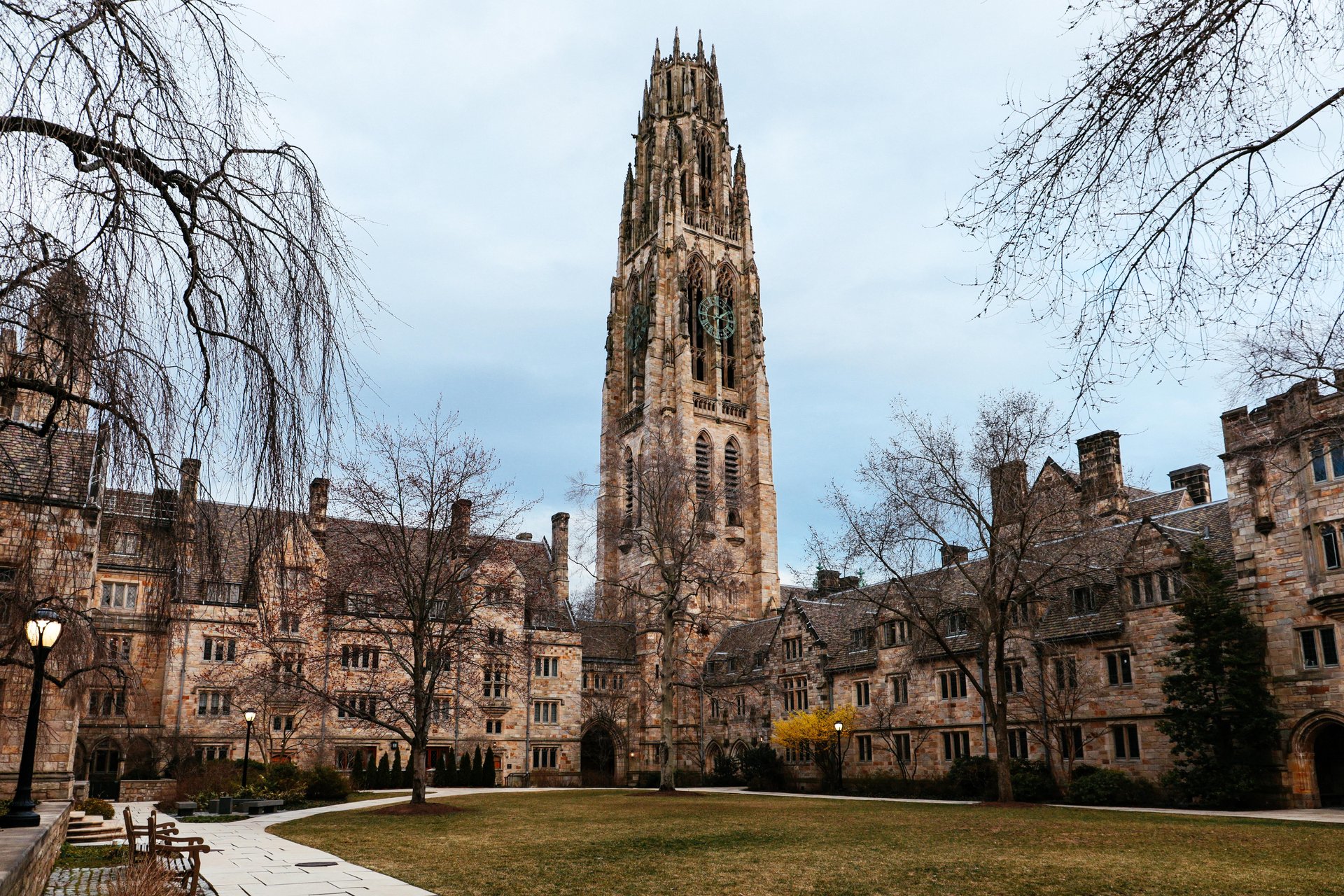More than a dozen universities have been accused of lowering their standards for rich kids
At Penn, high school students flagged as bona fide special interests, “would get in almost 100 percent of the time"
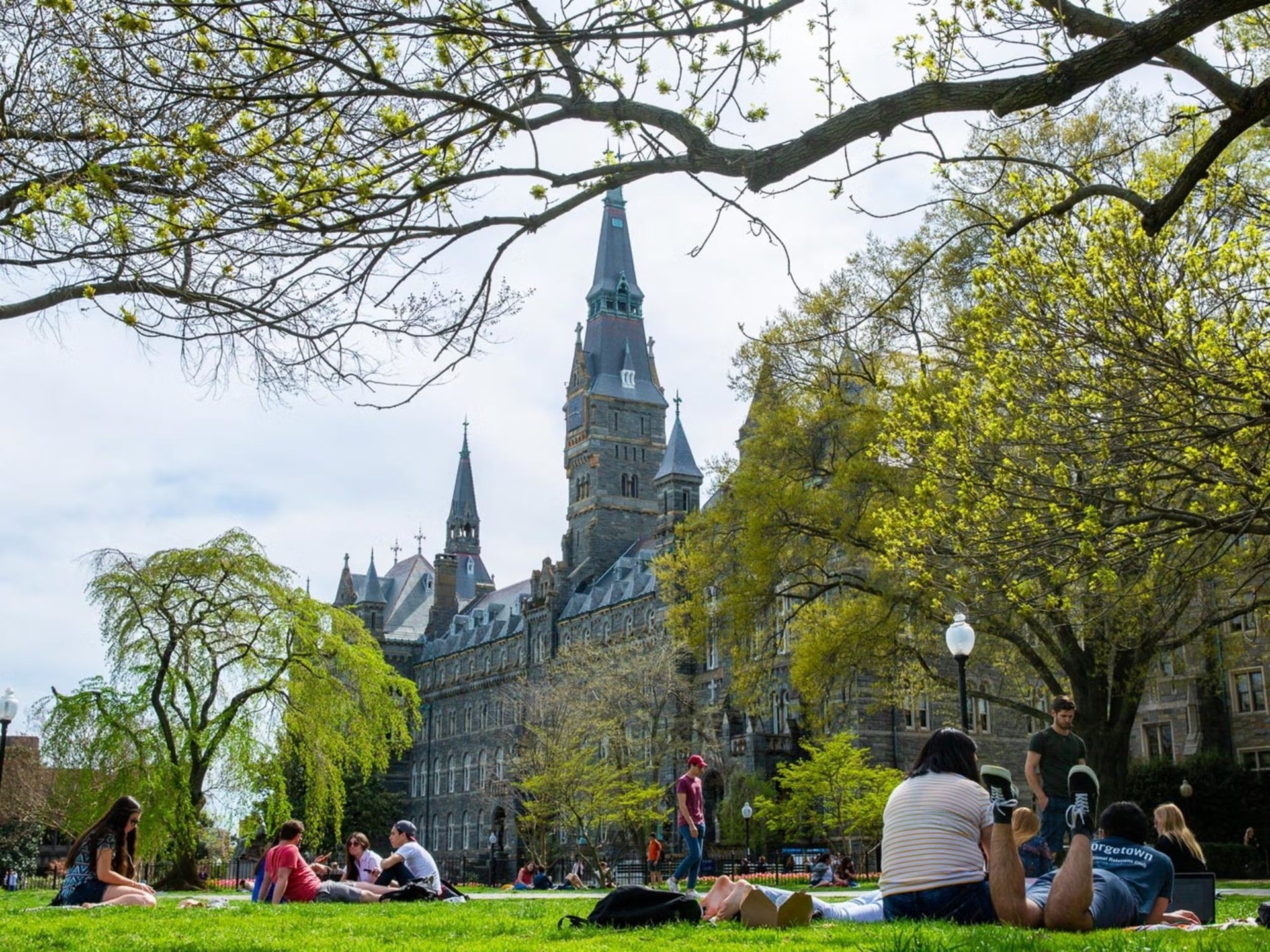
Seventeen elite private colleges and universities allegedly discriminated in favor of ultra-wealthy students for years, according to recent filings from a $685 million lawsuit.
This motion is the latest development in a legal battle that first began in 2022. Former students allege that the 17 colleges – including Penn, MIT, and Notre Dame – violated antitrust laws by favoring wealthy students, despite claiming to have blind admissions policies.
At Penn, for example, some high school students were flagged as “bona fide special interests,” and “would get in almost 100 percent of the time,” Sara Harberson, Penn’s former associate dean of admissions, testified in a deposition. She added that the admissions team could rarely reject these students, “even if the student was incredibly weak, even if the student had a major issue in the application.”
Penn disputed these allegations in a statement to the New York Times, claiming that the lawsuit was intended to “embarrass the university about its purported admission practices on issues totally unrelated to this case.”
The plaintiffs argue that by giving wealthy students special preference, the universities were violating a now-defunct provision that allowed them to collaborate with each other by sharing financial aid formulas.
The students’ lawyer, Robert Gilbert of Gilbert Litigators & Counselors, alleges that the plaintiffs have, “very substantial evidence supporting our claim that the defendants colluded with each other for twenty years on financial aid, and that the illegal collusion resulted in the defendants providing far less aid to students than would have been provided in a free market.”
Of the 17 universities named in the lawsuit, 12 already settled with the students, according to the Wall Street Journal. The remaining five universities are Cornell, Georgetown, MIT, Notre Dame, and Penn.
Continue reading to see all 17 universities named in the lawsuit.
2 / 18
Brown
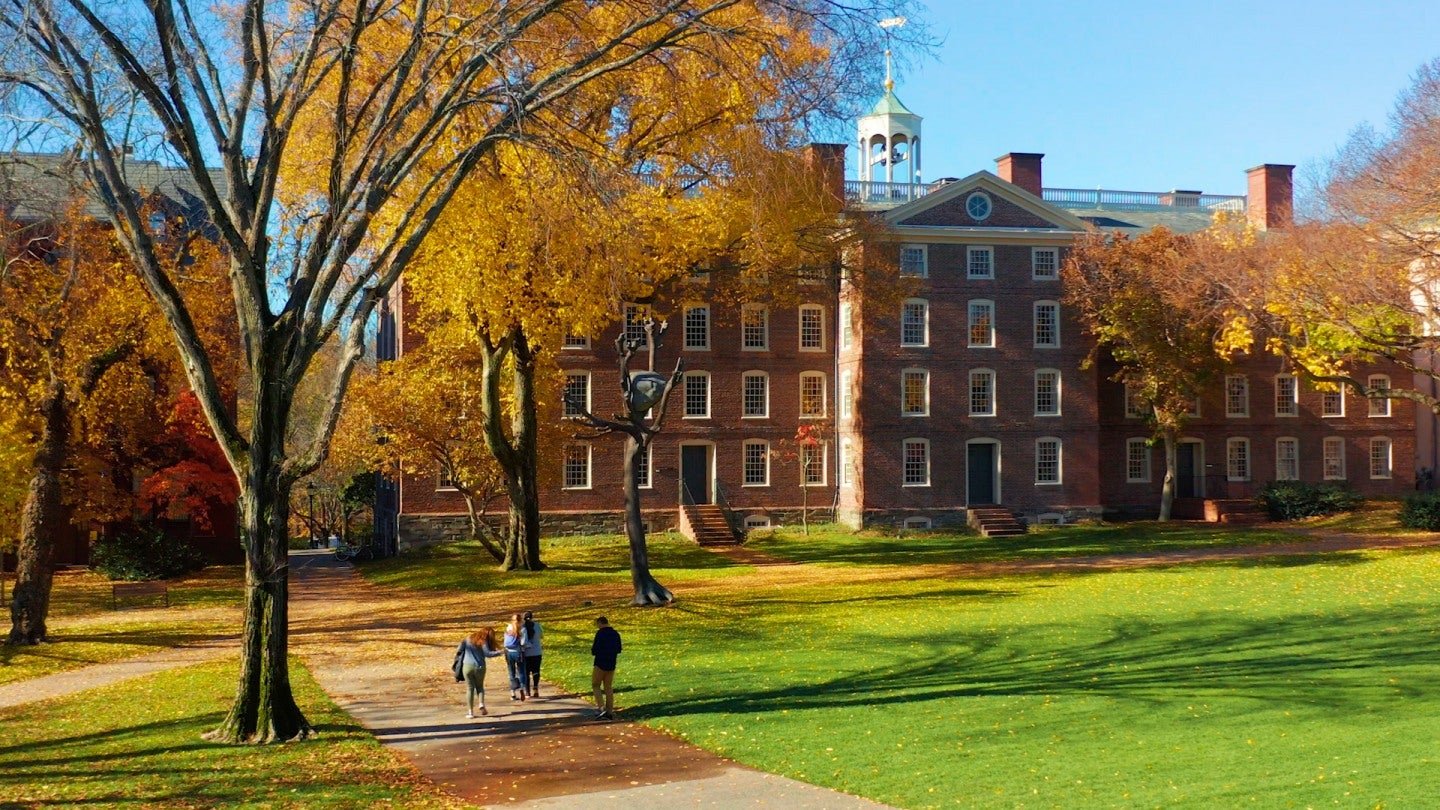
3 / 18
Caltech
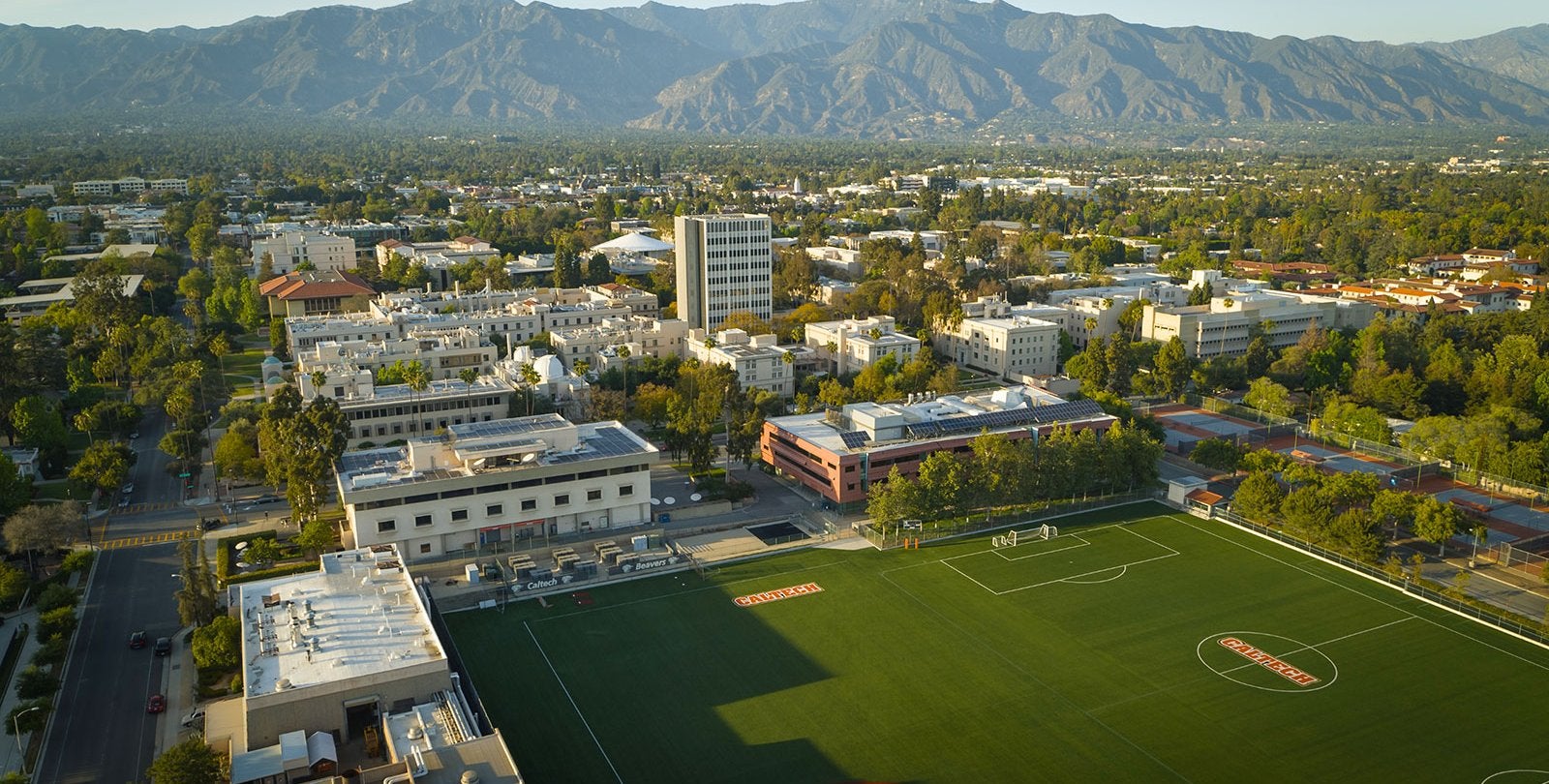
4 / 18
UChicago
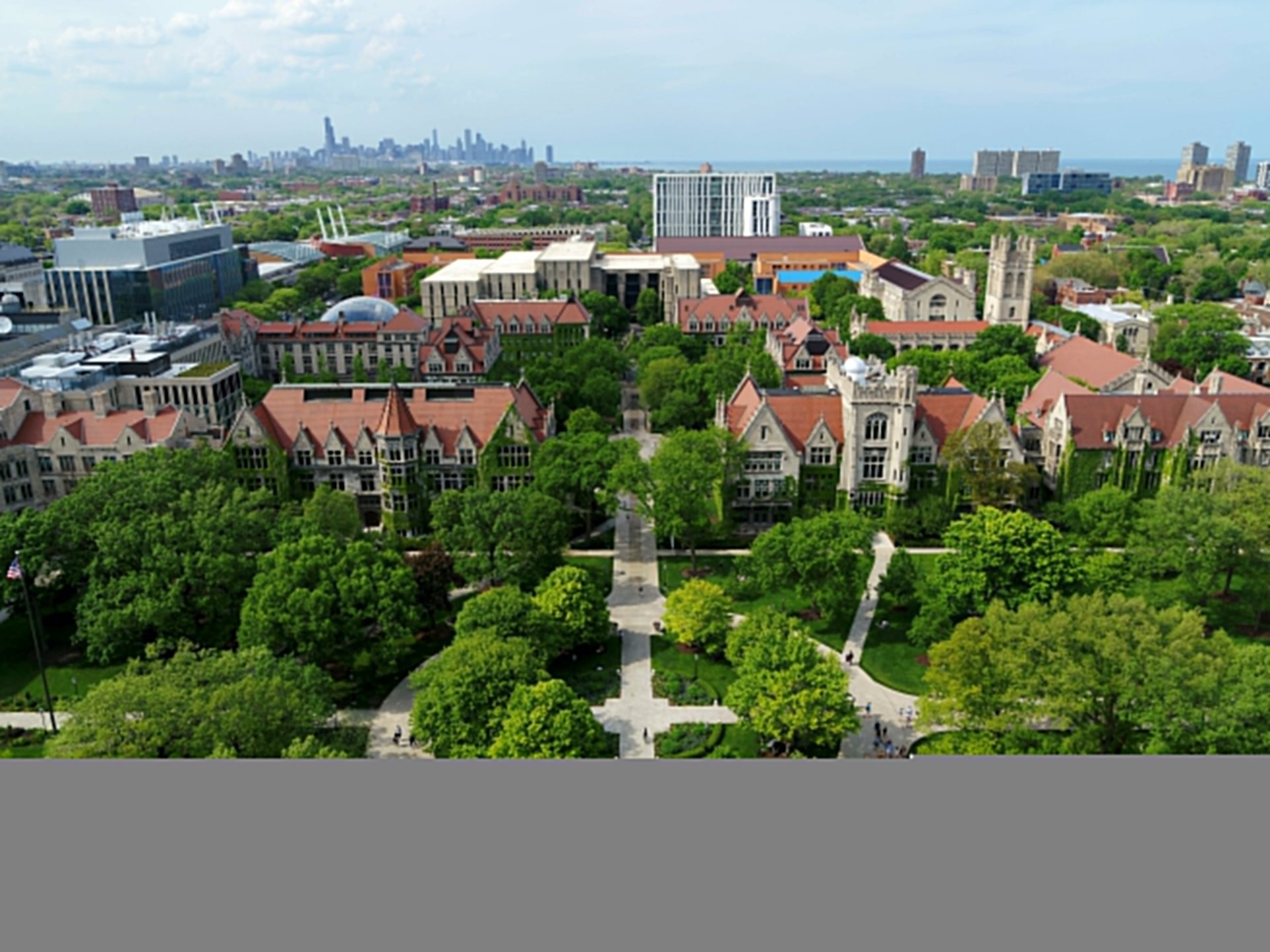
5 / 18
Columbia
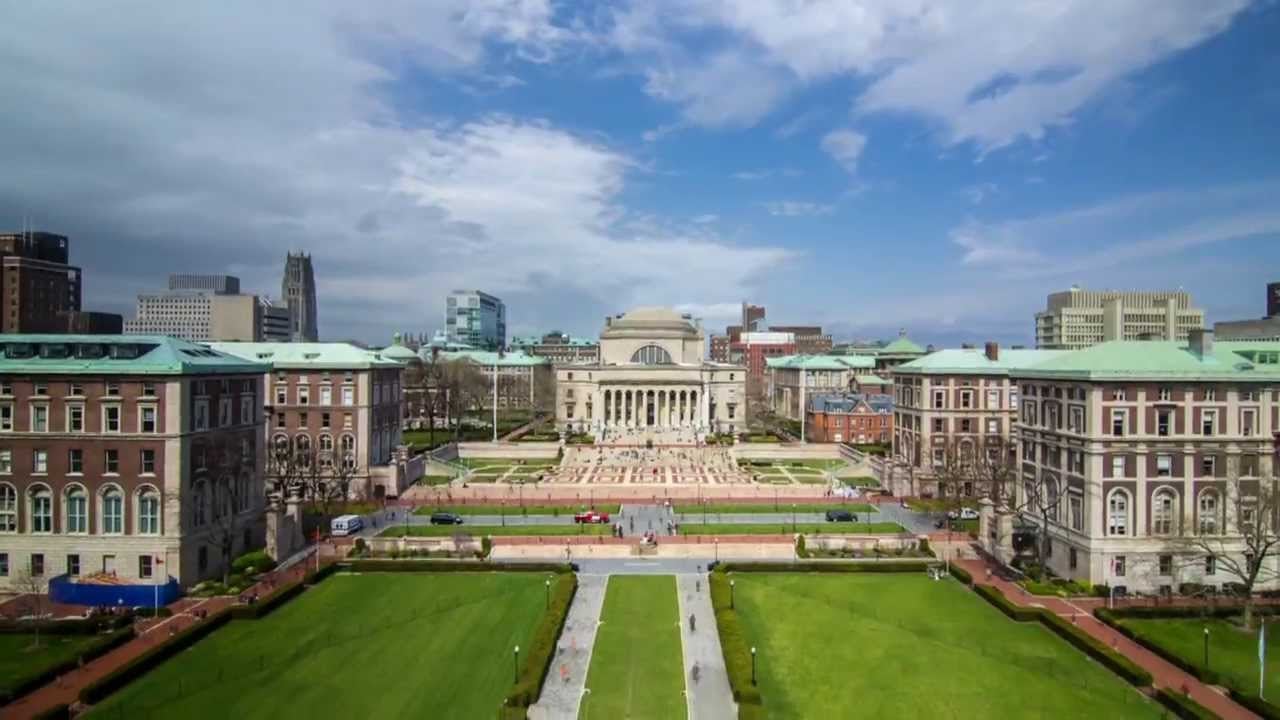
6 / 18
Cornell
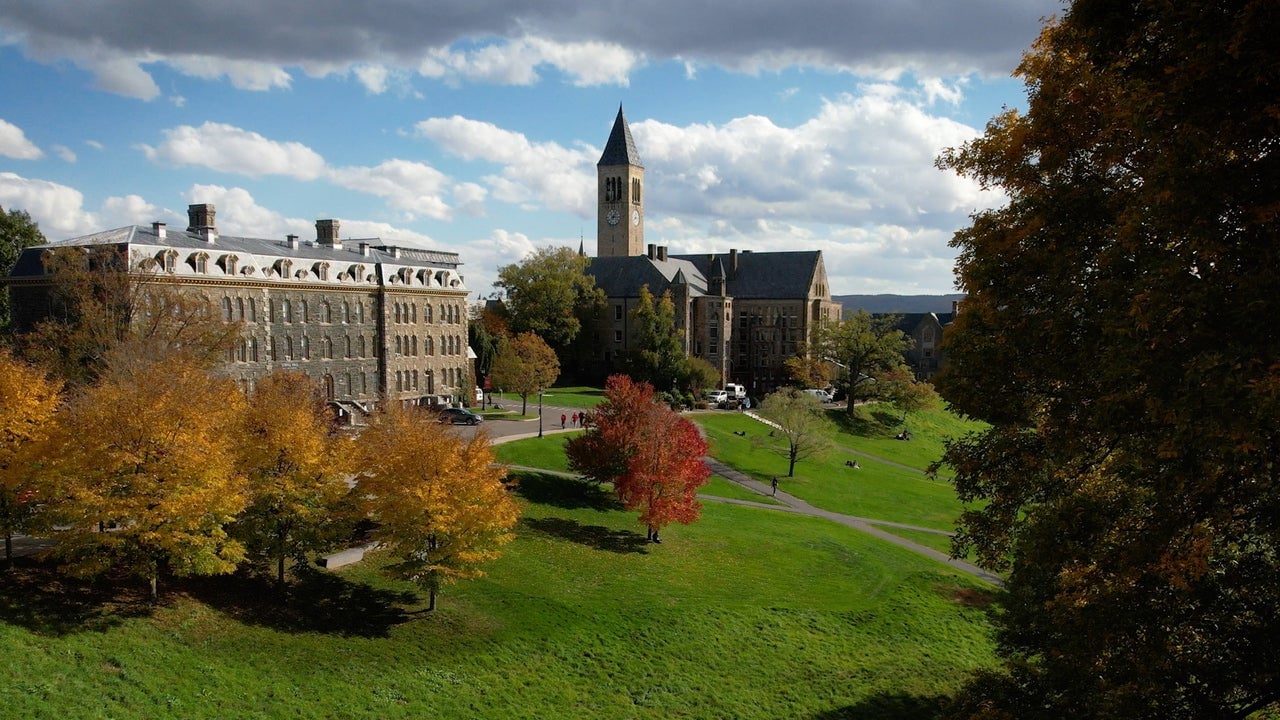
7 / 18
Dartmouth
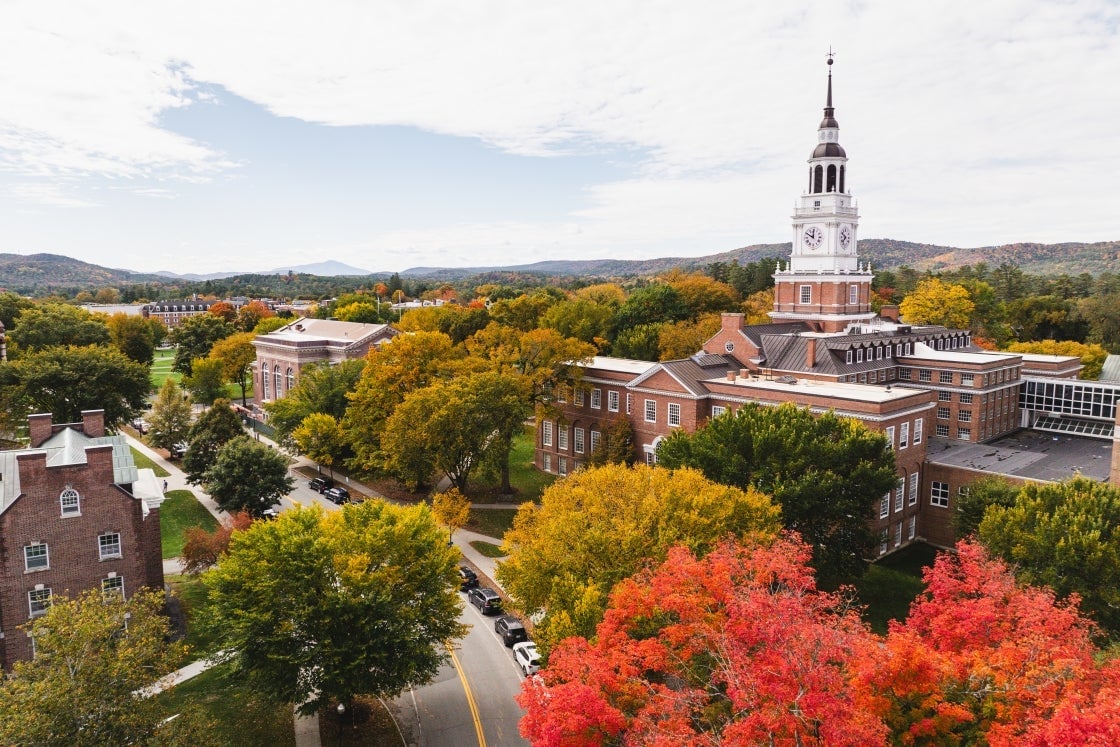
8 / 18
Duke
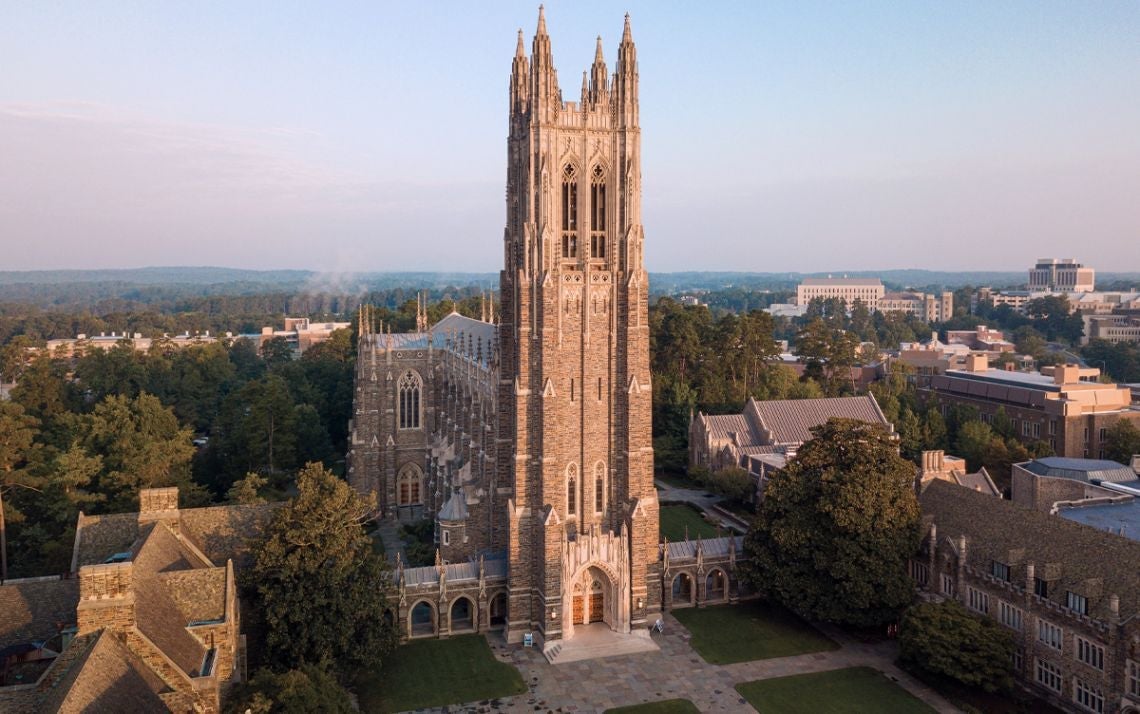
9 / 18
Emory
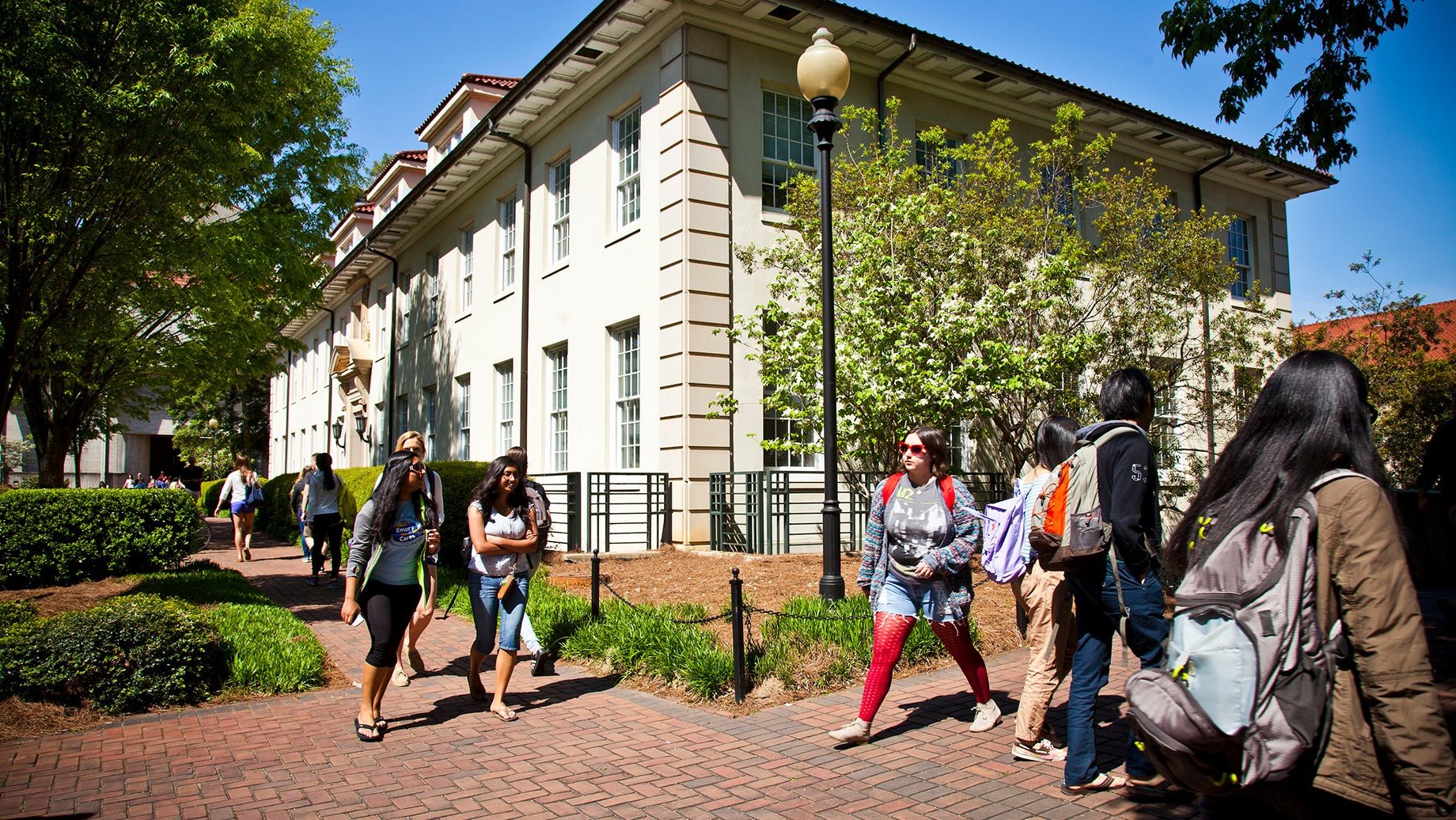
10 / 18
Georgetown
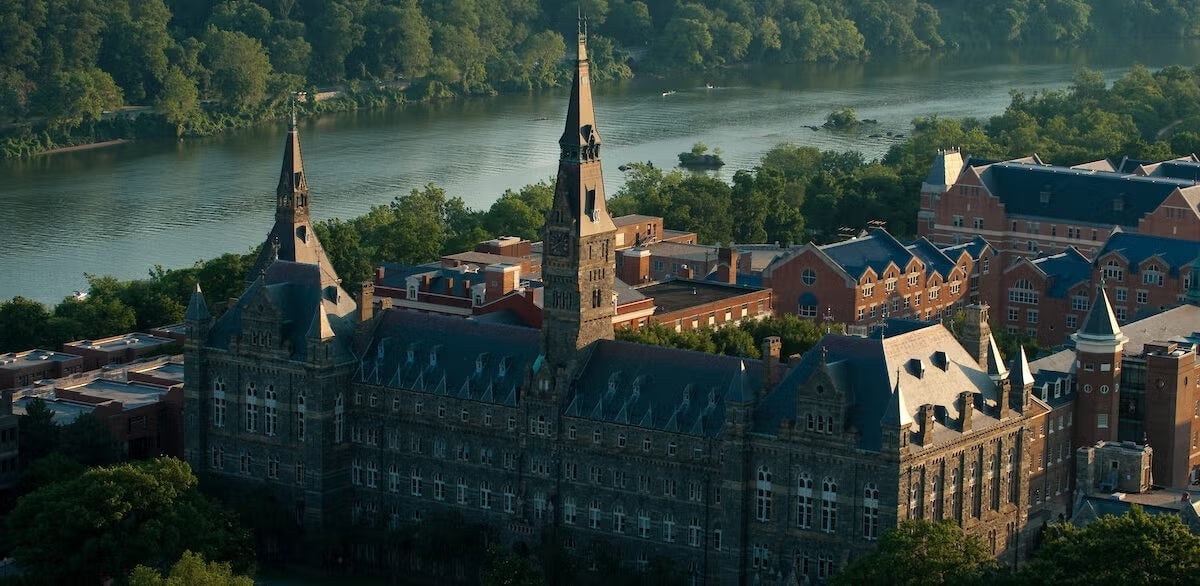
11 / 18
Johns Hopkins
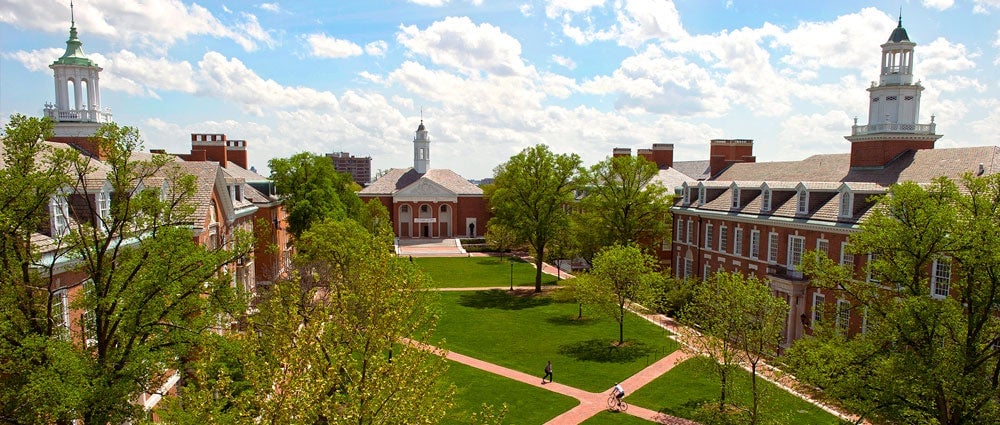
12 / 18
MIT
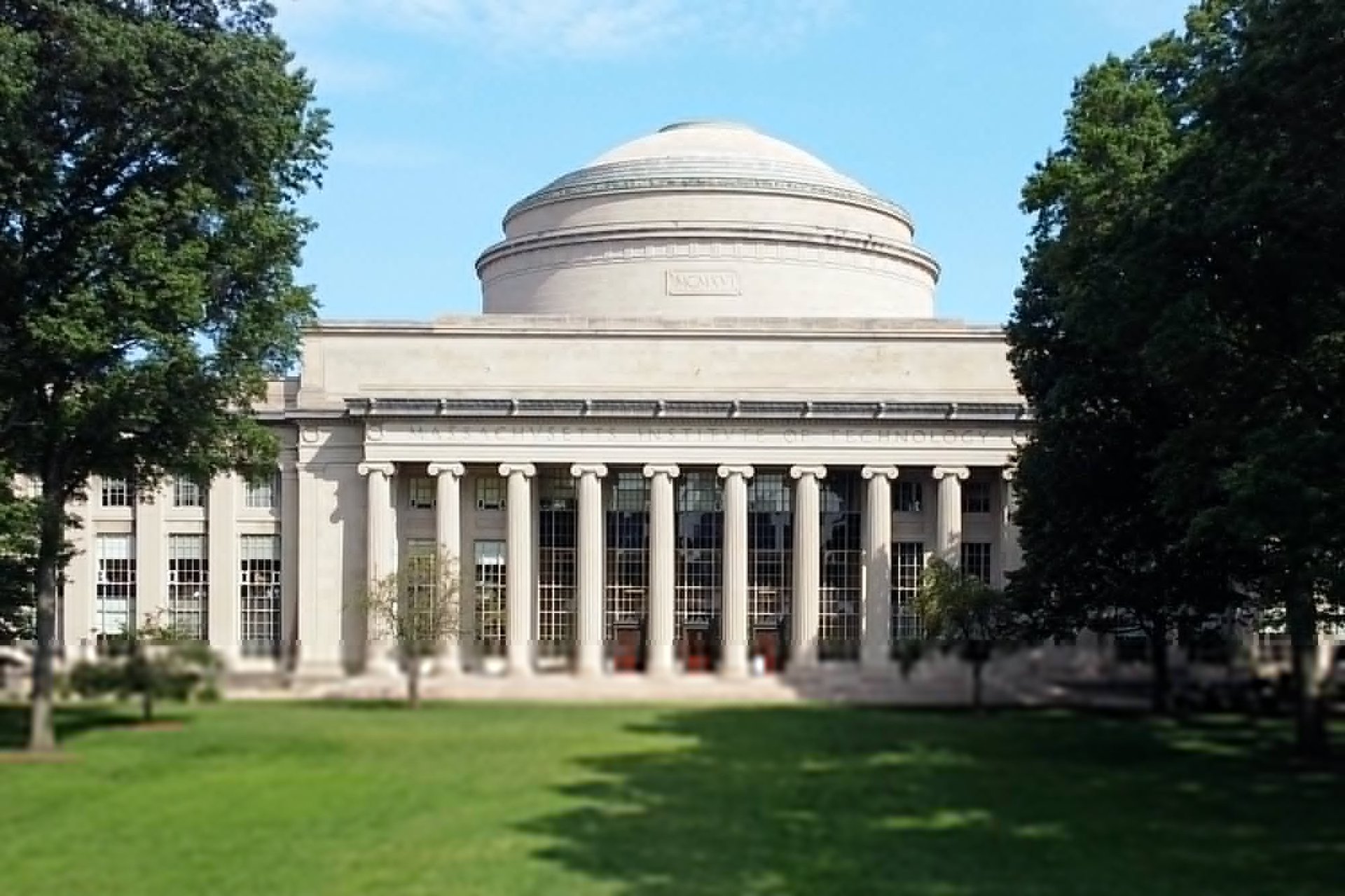
13 / 18
Northwestern
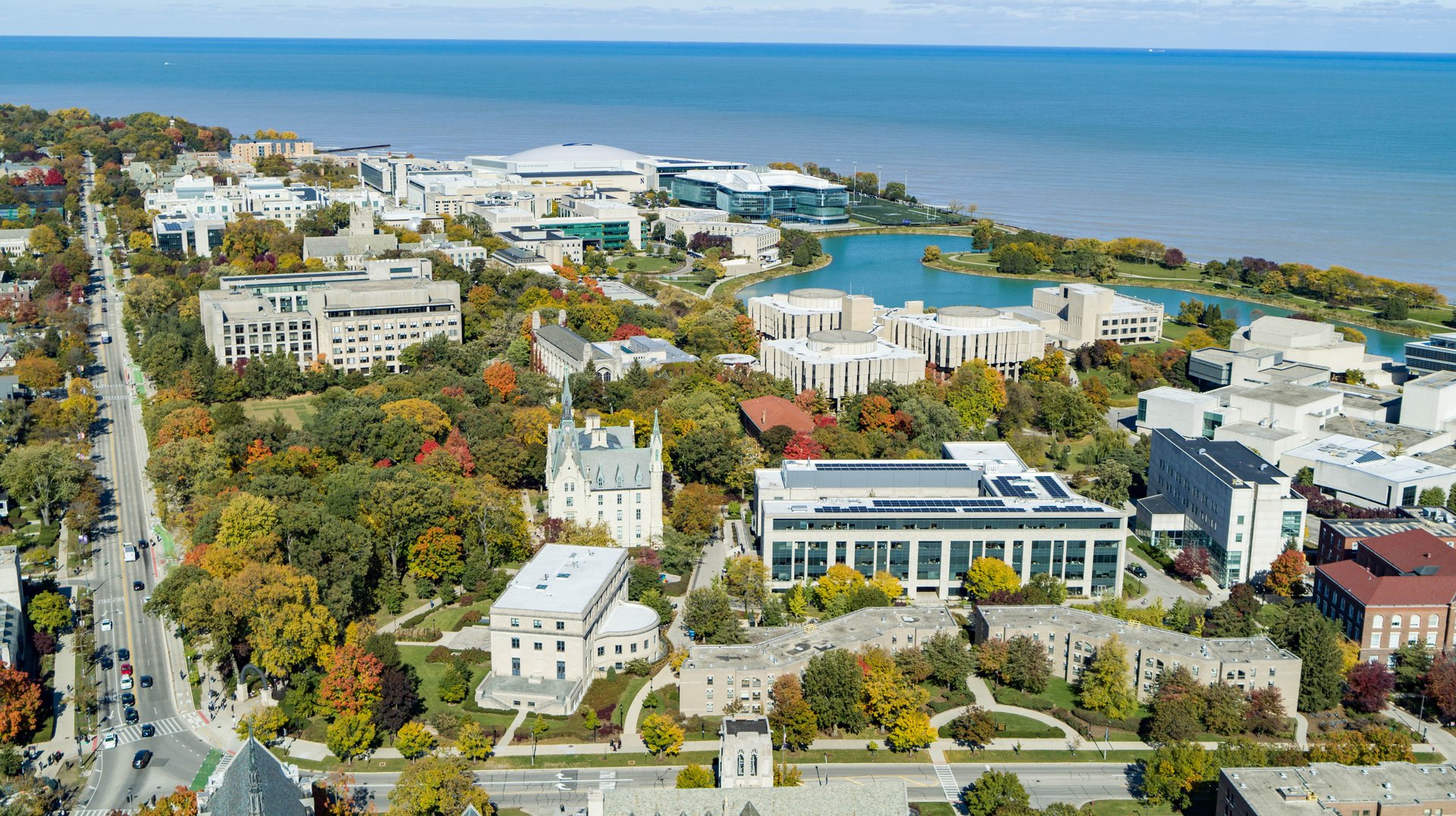
14 / 18
Notre Dame
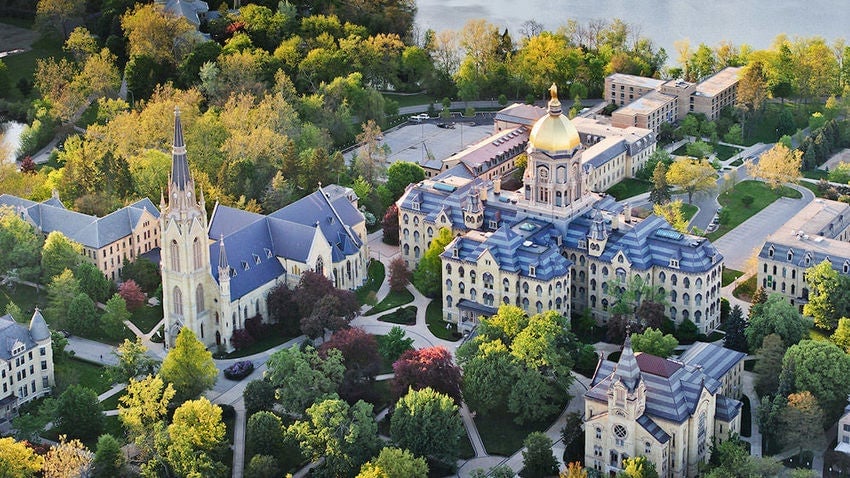
15 / 18
Penn
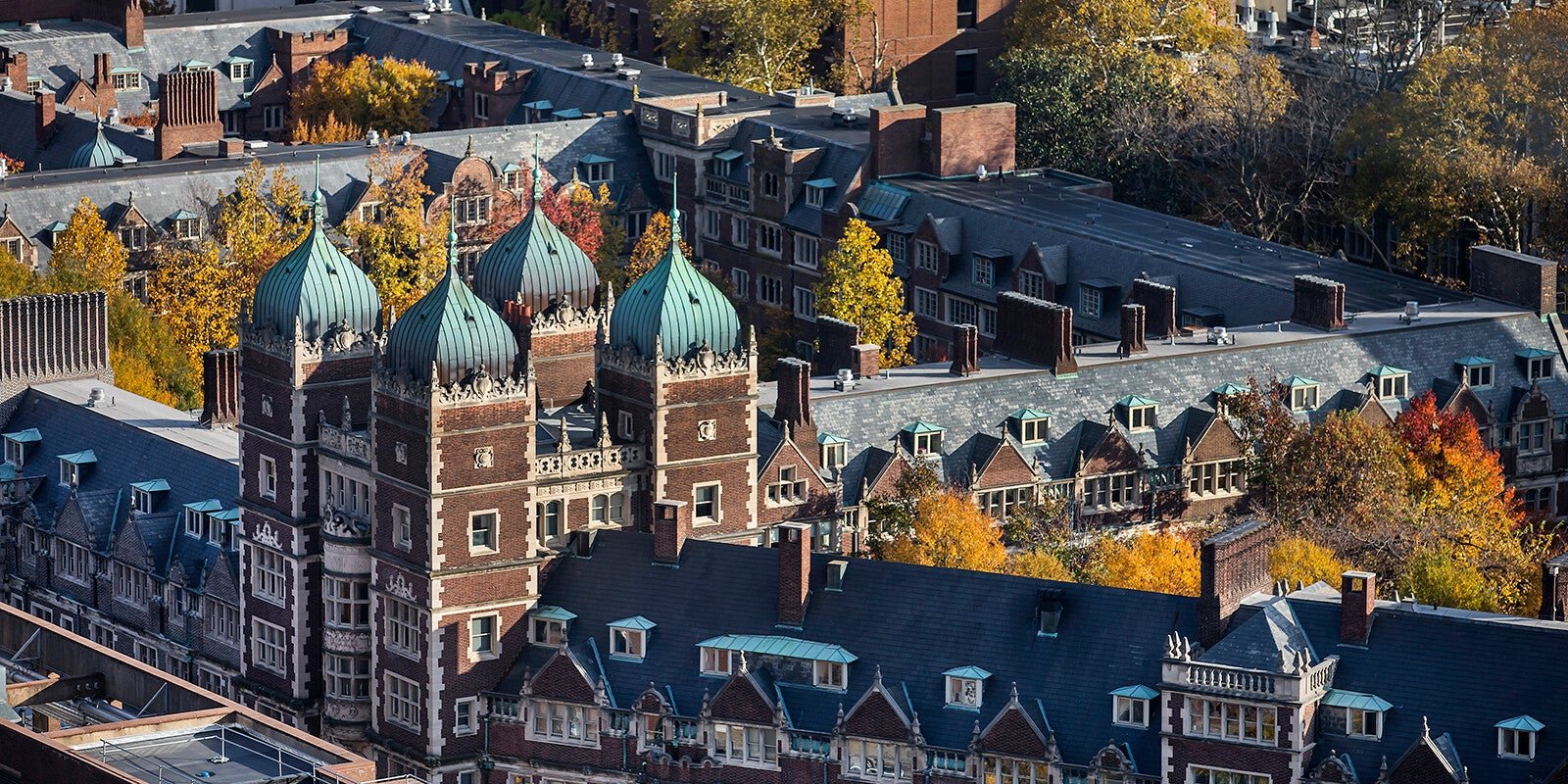
16 / 18
Rice

17 / 18
Vanderbilt
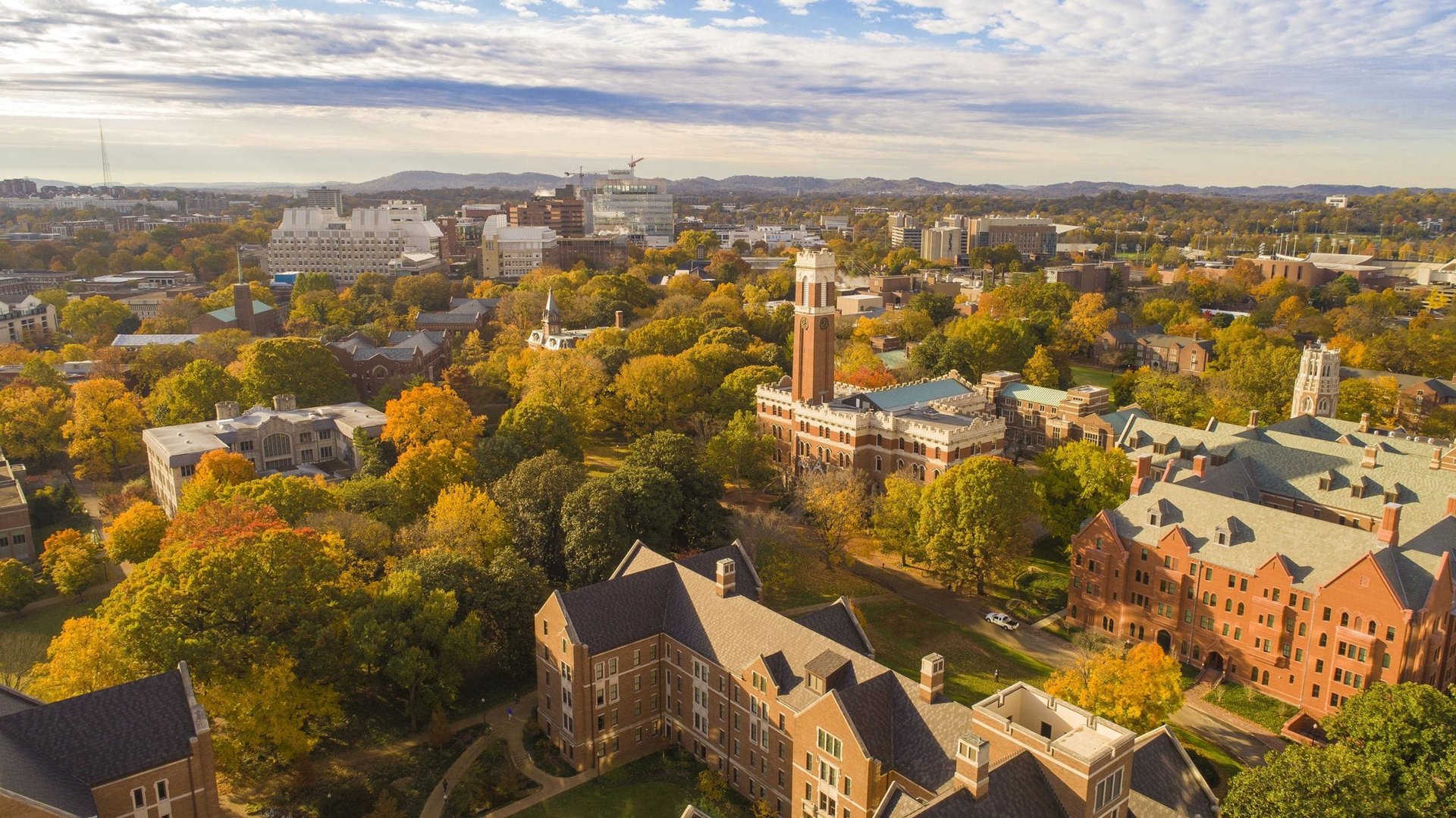
18 / 18
Yale
